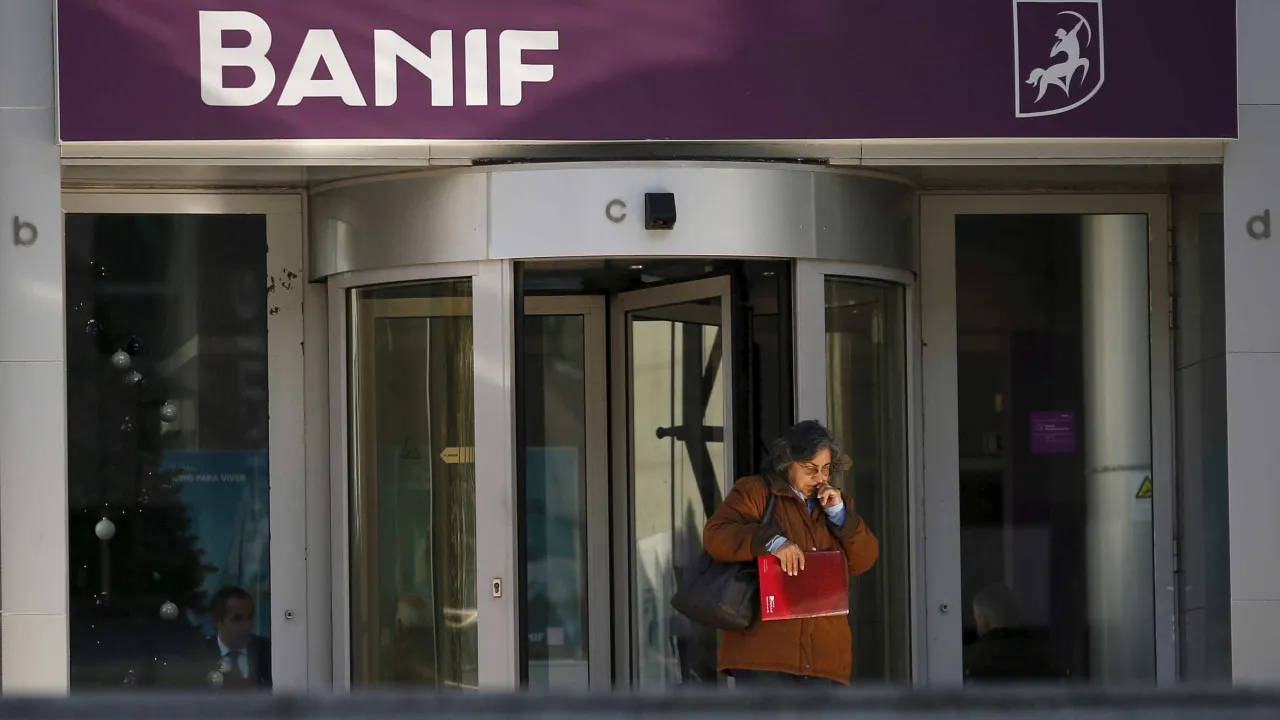
The fiscal relief brought by changes to the general IRS rates in the first eight income brackets begins to take effect this month as employees receive their August salaries. The same applies to pensioners of the Social Security and Caixa Geral de Aposentações (CGA).
As the ordinance approving the new tables “takes effect from August 1, 2025,” the reduced rates outlined must be applied “to income paid or made available” to workers from that date onward.
However, if companies and other salary-paying entities (such as IPSS, foundations, or associations) cannot withhold August IRS according to the new rates, they may, in extraordinary cases, make adjustments later, up until the end of the year.
This possibility is expressly provided in the government’s ordinance, dated July 22, and applies to both August and September withholdings, during which the rates are notably lower than usual.
The ordinance states that “the entity required to withhold can proceed with corrections in the withholdings to be carried out in the following months, up to and including December 2025.”
August and September have different IRS tables
The government approved tables for two distinct periods.
The initial tables, for August and September, have exceptionally lower rates intended to compensate for withholdings made between January and July, during which it was not yet possible to consider the final version of the IRS, which was only approved in July.
In a subsequent period, in October, November, and December, the rates will be higher than those of August and September but will still be lower than those applied until July, aiming to match the final version of the IRS.
In August and September, those with a gross salary up to 1,136 euros will not have to pay IRS, as up to that level of monthly income, the rate is 0%. Immediately above this level, the withholding is less than 10 euros for gross salaries up to 1,574 euros.
IRS refunds in 2026 are expected to be lower
Simulations by consultancy PwC indicate that in general, the refunds related to the 2025 IRS will reduce the refunds in 2026. At the same time, those who already have to pay tax at the time of the final settlement will likely have to pay a higher amount next year, when the Tax and Customs Authority (AT) performs the final settlement.
The possibility of this outcome prompted the PS to question the government this week, asking Finance Minister Joaquim Miranda Sarmento to clarify whether the reduction in the discounts in the coming months is “excessive” and what impact it will have on taxpayers in 2026.
In a question submitted to Parliament on Monday, July 28, the socialist caucus states that in 2024, when the IRS was reduced mid-year, the first government of Luís Montenegro made an “excessive reduction” in the monthly discount, creating “the illusion, on the eve of the budget proposal’s consideration for 2025, of a very significant tax cut,” and asserts that now the executive “has opted to reissue the formula” on the verge of local elections.
When unveiling the new tables last week, State Secretary for Fiscal Affairs Cláudia Reis Duarte stated to Lusa that the trend of “convergence” between the monthly tax collected and the final IRS continues.
“What might happen is that the final settlement, which in this case is only done in 2026, might not correspond exactly to that of previous years due to the adjustments in withholdings. But that is good: it means that people have their money in their pockets earlier, through the withholding adjustments,” she said.




